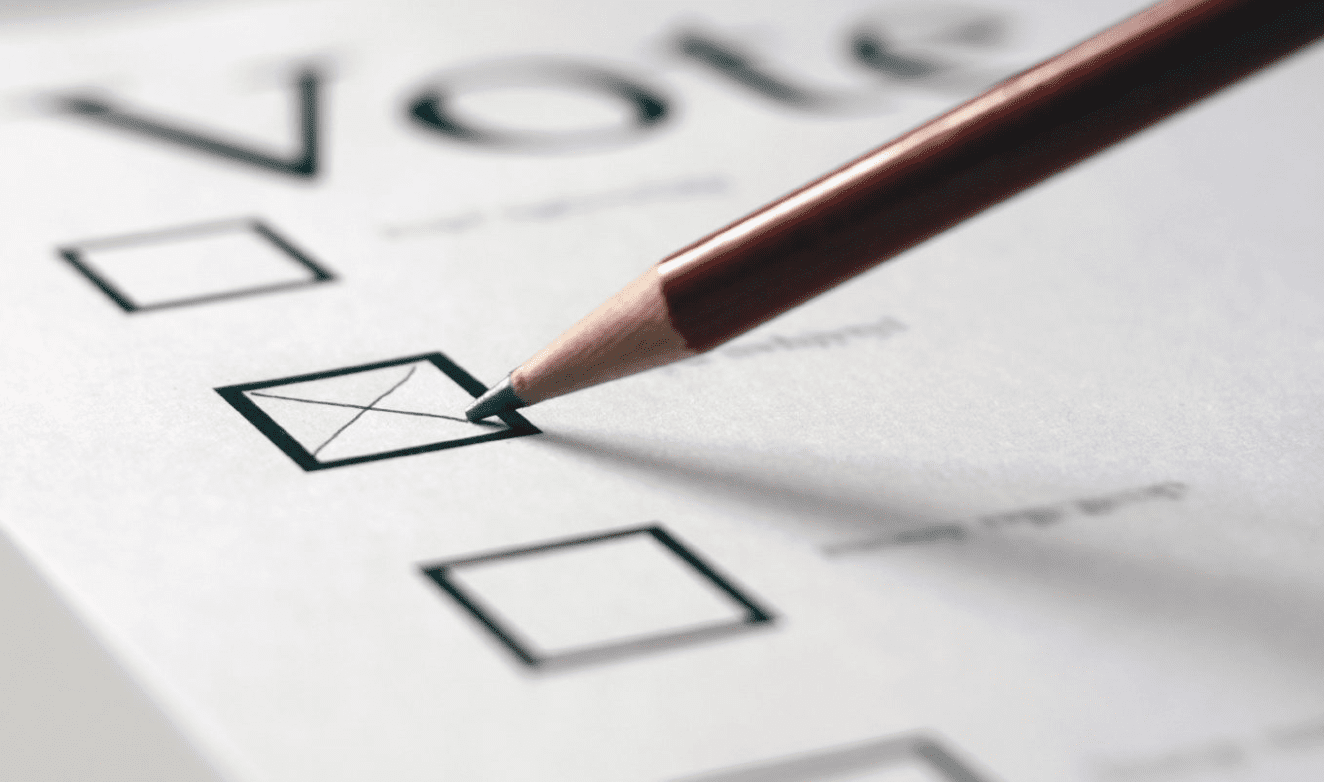
The House bill would restore the ballot initiative process but not allow it to change the state constitution.
As expected, lawmakers are tackling the reinstatement of Mississippi’s ballot initiative process in the 2022 Legislative session, seeking to rectify the previous flaws that lead to the process being upended by the state Supreme Court.
HC 39 that was presented by the House would amend the state constitution to allow for the ballot initiative process to be revived so that the people could propose new statutes or amend or repeal existing ones. That resolution passed the chamber by a vote of 92-26 after lawmakers turned back several amendment attempts.
RELATED: Bill of the Day: Reviving, amending the Mississippi initiative process
However, the legislation would not allow for the constitution itself to be amended by way of ballot initiative. This was allowable under the prior statutes.
The resolution sets forth a constitutional amendment that applies to sections 33, 56, 61, and 72 of the Mississippi Constitution.
Citizens would be able to propose ballot initiatives by a petition signed over a 12-month period by qualified electors equal in number to at least 12 percent of the votes for all candidates for Governor in the last gubernatorial election. Those signatures are not to exceed the total number of signatures required to qualify the initiative measure for placement on the ballot divided by the number of congressional districts in existence at that time.
This corrects the confusion over the number of congressional districts which led to the Supreme Court’s previous action.
The House resolution would allow for no more than five initiatives to be submitted for a single ballot, and the first five measures submitted to the Secretary of State would be the ones to appear on the next statewide ballot.
In order for an initiative measure to pass, it must receive the majority of the votes cast and no less than forty percent of the total votes cast at the election in which it was submitted. If two initiatives that relate to the same matter are submitted, the one receiving the highest number of affirmative votes will win out to become law.
Mississippi’s current initiative process came under fire after the passage of Initiative 65, the medical marijuana program, appeared on the ballot during the November 2020 general election. The initiative passed after 74 percent of voters voted to launch a medical marijuana program and roughly 63 percent then voted in favor of the program put forth in Initiative 65.
The way in which Initiative 65 was certified was challenged by Madison Mayor Mary Hawkins-Butler. She filed suit against the Secretary of State, claiming the proper number of signatures per congressional district were not obtained to certify the initiative.
RELATED: Mississippi Medical Marijuana law and initiative process goes up in smoke
The case went to the Mississippi Supreme Court who ruled in Hawkins-Butler’s favor, resulting in the initiative process in Mississippi being halted.
With the House passage of the resolution, the measure now heads to the Senate for consideration.
Ultimately, if the Legislature passes HC 39, the initiative process rectification would go before voters in November, as it would require amending the state constitution prior to the new process being enacted.
Douglas Carswell with the Mississippi Center for Public Policy, a conservative public policy think tank, expressed his support for the House resolution as it allows for state law proposals instead of changing the state constitution.
“Ever since the initiative vote on medical marijuana was overturned by the state supreme court last year, and a decision by 1.3 million Mississippians was made null and void, the case for reform has been urgent,” Carswell said told Y’all Politics. “I am especially pleased that there is a proposal to allow initiative votes to change the state laws, not only the state constitution. Rather than continually aiming to change the state constitution, we need a right of initiative that allows voters to change state law.”











